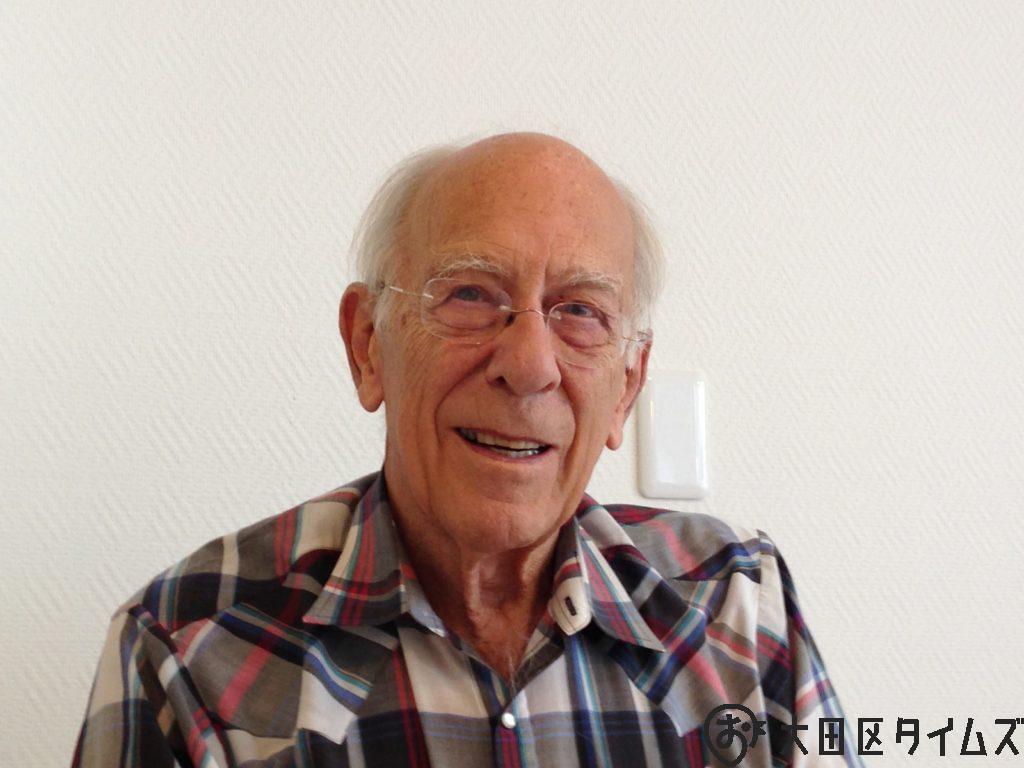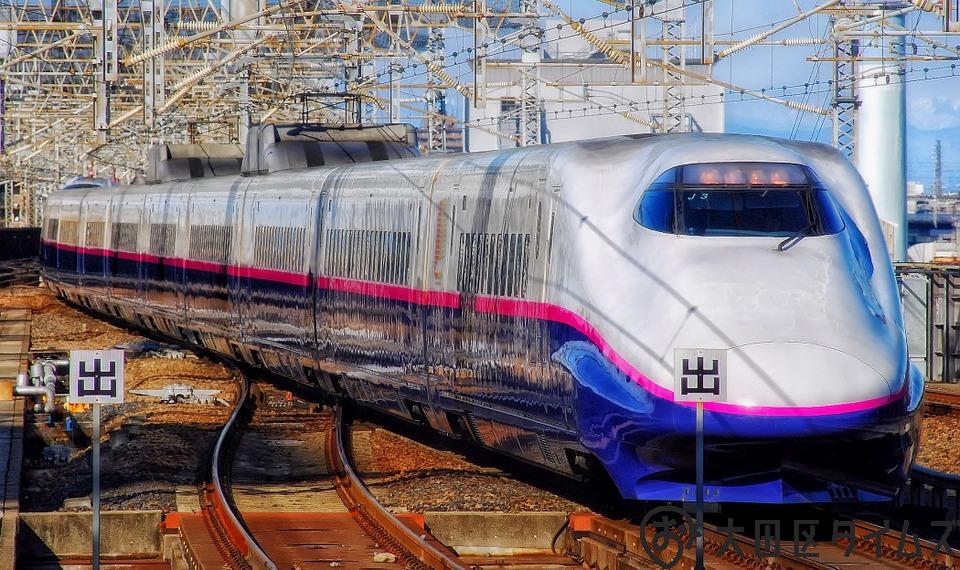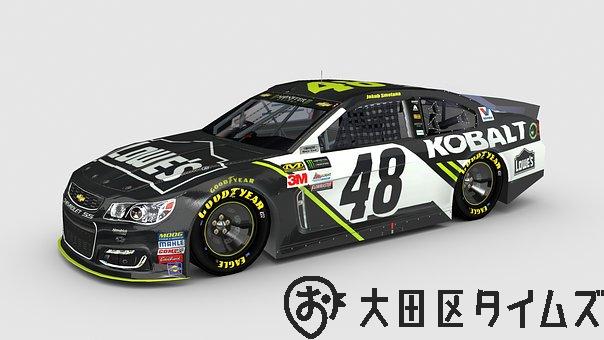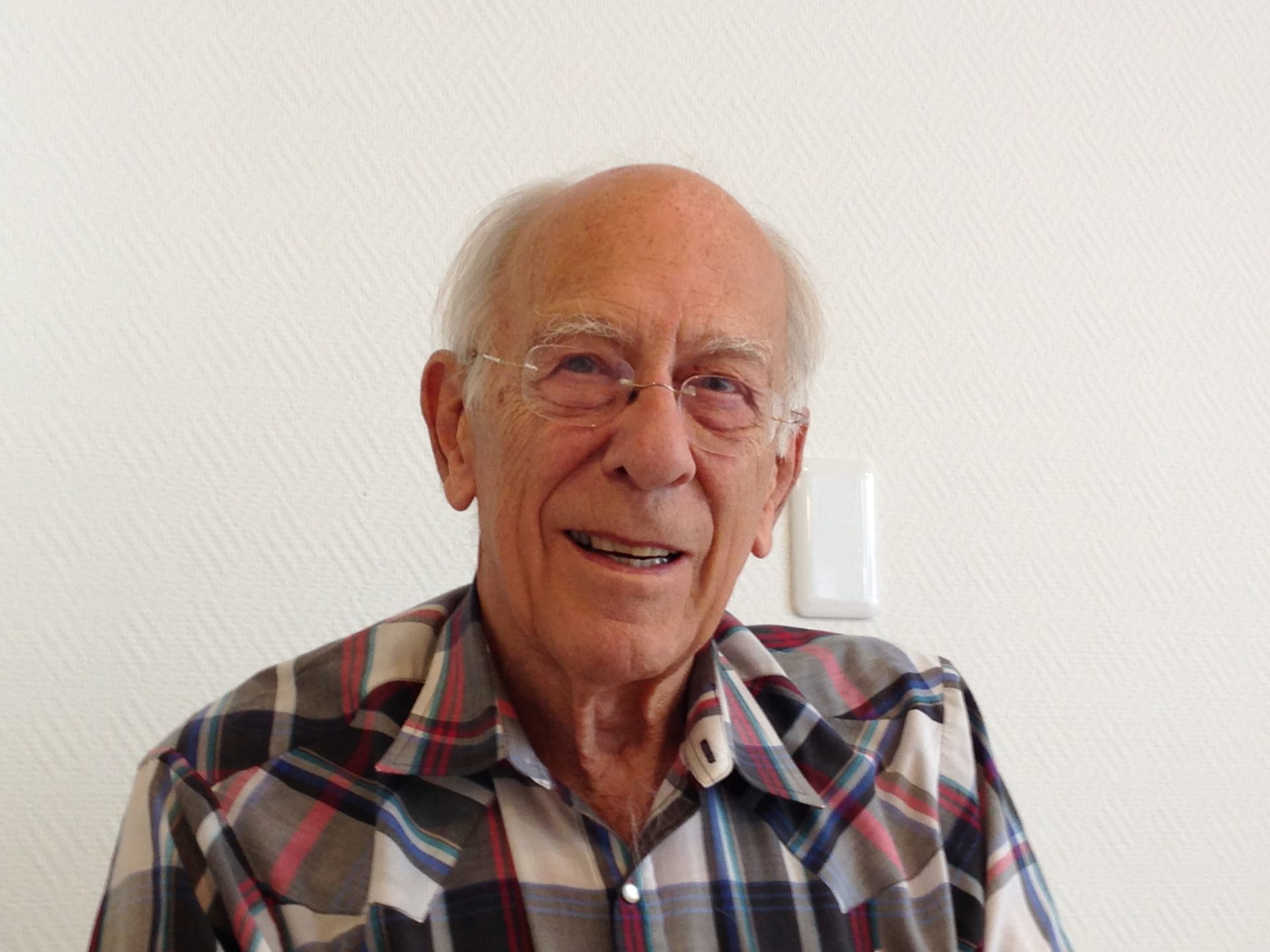English version is here.
英語が話せる大田区タイムズの国際派ライターの佐藤です。
大田区で活躍されていらっしゃる外国人の方を取材して、みなさんの日本でのご経験をお伺いしたり、外国人の目線からの大田区や日本のよいところなどをお伺いしてみたいと思っておりました。

そこで、大田区役所の国際都市・多文化共生推進課さんのご協力をいただき、このたび、大田区役所内にあるカフェコスモさんの場所をお借りして、来~る大田区大使として積極的に活動してくださっている、Hugh Stewartさんにお話をお伺いすることができました!
ご紹介させていただきます!
ご出身はどちらですか?
米国マサチューセッツ州のせーラム市出身(ボストンの北側に位置する港町)です。セーラム市と大田区は姉妹都市で、妻と私は、文化交流プログラムのメンバーでした。

なぜ 日本にいらっしゃったのですか?
私のおじは、音楽家で、第2次世界大戦後、軍隊として日本に派遣されてやってきました。日本人の彼女ができたり、東京シンフォニーを指揮したこともありました。私は子供のころ、おじさんから、日本語で10まで数えることを教えてもらったりして、私は、いつも日本に興味がありました。でも、お辞儀をするタイミングを間違ったりしないかなど心配だったので日本に来ることはできませんでした。
妻と私がセーラム市と大田区の文化交流プログラムのメンバーになって、2007年にグループで大田区にやってくる機会に恵まれました。大田区にやってきてホストファミリーのところに泊まったり、素晴らしい友達に出会ったりして、日本が大好きになりました。
その後、2010年と2012年に、私は妻と一緒に日本にまた遊びに来ました。そして、妻を癌で亡くした後も、2014年には、私は一人で日本にやってきました。
日本に長期的に滞在したいと思い、アメリカで日本語のレッスンを受けていました。でも1週間に1時間レッスンを受けるだけだったので、習得することはできませんでした。そこで2016年に、東京の日本語学校に通うことにして、それ以来、日本にいます。
日本で今、何をしていらっしゃいますか。
視力が悪く、結局学校に行ったのに、日本語を学ぶことができず、学校を辞めてしまいました。そして、その後すぐ、ちょうどよく、2017年6月に大田区の大使となりました。それから、英会話に興味がある方向けに英会話セッションをしたりしています。
大田区大使として どんなことをされていらっしゃいますか。
「Going to Japan? Go to Ota City!」
というYouTubeのチャンネルがあり、大田区の紹介をしています。また、お祭りやイベントなどに参加したり、取材を受けたりしています。
大田区や日本のどこが好きですか。
日本の歴史、歌舞伎、能が好きです。東京は、表面的には、ニューヨークとほとんど同じなのですが、ここに住んでみると、文化的な違いがたくさんあることがわかります。
それから、大田区の中では、洗足池が好きです。御嶽山駅の近くにあるイオンもすごくきれいだと思います。そして、ときどき羽田にある大田市場にも行きます。とても楽しい場所です。
そして、日本の公共交通機関が素晴らしいと思います。電車でどこにでもいけますからね。セーラム市では、バスが1時間おきに来たり、行きたいところに行くのに遠回りになったりするのです。

アメリカの文化と 日本の文化の違いは何でしょうか。
日本では、大学に入るとき、成績が一番大事ですが、アメリカでは、目立った実績があることが評価されます
アメリカでは、目立つことがよいこととされますが、日本ではそうではありませんね。日本の学校では、生徒が手を上げて発言することはあまりありませんが、アメリカでは、質問をしたり、先生からの問いかけに答えたりするために生徒たちが積極的に手を上げます。
それ以外の小さな違いですが、日本人はお店でお買い物をするときにカゴとカートを使いますが、アメリカでは、カートに直接商品を入れるのです。
あと、日本では、アメリカよりも自転車が多いですね。
それから、日本では野球が人気のスポーツですが、アメリカでは、金銭的にはナスカーが一番で、ファンの数としては、アメリカンフットボールが一番のスポーツです。

アメリカのことで恋しく思うことは何ですか。
私が、母国のことで一番恋しく思うのは・・・地元の友達です。でも、幸いなことに、大田区で、サーレム市と大田区の文化交流プログラムで たくさんの友達に出会い、みなさんがいろいろ助けてくれています。
日本に住んでいて困ることはありますか。
そうですね。日本語があまりわからないので、買い物に行くとき、何が書いてあるかわからないのです。なので 見た目でわかるものだけを買うようにしています。それから、郵便でお手紙が届くのですが、何のお手紙なのかがわからないのです。今は、携帯の翻訳アプリでいろいろ調べられて便利です。
お話をお伺いしてみて・・・
Hughさんは、とても優しい方でした。長い間、日本が大好きで、今は、大田区の大使をしてくださっています。
あまり表面的に話題になりませんが、日本では、外国人のみなさんが言語の壁や文化の違いなどにより、地域で孤立していることが多いようです。日本の現代化のために 地元の日本人と外国人のみなさんがもっと文化交流をするようになるといいなと思っています。
Hughさんは、いろいろ助けてくれたり、いろいろな場所も一緒に行ったりする、地域のお友達に囲まれいらっしゃるようでした。地域の人たちとの交流がとても盛んなようで、それをきいてとてもうれしく思いました。大田区は、羽田国際空港がある区であり、これからますます外国人が増えて、国際的な都市になっていくと思われます。大田区の地元の人たちが Hughさんとの文化交流を楽しんでいらっしゃることは素晴らしいことです。
みなさんのご近所に、外国人がお住まいではないでしょうか。 みなさんは、ご近所の外国人の方との交流はありますか?
私は、アメリカとカナダでの生活経験がありますが、海外に行くと、新しい土地でいろいろな新しいことを学ぶ必要があり、そういうときに、周りの人たちが支えてくれ、教えてくれることが、とても助かりました。外国人の方も、地元の人たちとつながったり、お友達になりたいと思っています。
ぜひ、挨拶をしたり、声をかけてみたりしてくださいね。
Interview with Global City Ota Ambassador, Mr. Hugh Stewart
Mr. Hugh Stewart is one of the very active members of Global City Ota Ambassador and Salem-Ota cultural exchange program.

I had a chance to meet and talk with him at Cafe Cosmo in Ota City office.
Here is his story…
Where are you from?
Hugh-san: I am from Salem, Massachusetts. Salem and Ota are sister cities, and my wife and I were members of the cultural exchange program.
*Salem is a city on the north coast of Massachusetts above Boston

How did you come to Japan?
Hugh-san: My uncle was a musician. He was sent to Japan as an Army officer after WWII. He even had a Japanese girlfriend and conducted Tokyo Symphony here. He taught me how to count 10 in Japanese, and I was always interested in Japan. But, I was afraid to come here because I didn’t want to make mistakes such as when to bow down….
When my wife and I became members of the Salem-Ota cultural exchange program, we got a chance to visit Ota in a group in 2007. We stayed with a host family and met great friends. We fell in love with Japan.
In 2010 and 2012, my wife and I returned to Japan to visit, and in 2014, after losing my wife to cancer, I came back to Japan alone.
I wanted to stay in Japan for the long term, and I was taking Japanese lessons in America. It was only 1 hour every week, and I didn’t learn very much, so I decided to go to Japanese Language school in Tokyo in 2016. I have been in Japan ever since.
What do you do in Japan?
Hugh-san: Well, because of bad vision, I couldn’t learn Japanese, so I quit the school. Then, just in time, I became an ambassador of Ota City in June 2017. I also hold English conversation sessions now.
What do you do as a Global City Ota Ambassador?
Hugh-san: I try to introduce things about Ota in my YouTube channel called “Going to Japan? Go to Ota City!”(https://www.youtube.com/channel/UCFl-92WWPySWcqfu2W87vcQ). I participate in local festivals and get interviewed.
What do you like about Ota City and Japan?
Hugh-san: I like Japanese history, Kabuki and Noh theater. Tokyo is almost identical to New York on the surface level, but when you live here, you learn that there are so many cultural differences.
I love Senzoku-ike park, and I thought AEON grocery store near Ontakesan station was very beautiful. I visited the Haneda wholesale market, and that is a fun place to go, too.
I also appreciate the public transportation in Japan. You can go anywhere by train. In Salem, the bus might come every hour, and the bus might not take you to the destination directly.

What is different between your culture and Japanese culture?
In Japan, grades are the most important when trying to get into college, but in America, your outstanding performance is valued.
In America, it is good to stand out, but in Japan it is not. In Japanese schools, students don’t raise hands in classes, but in America, students always raise hands to ask questions and answer teachers’ questions.
Small different things are . . . Japan people use shopping cart and shopping basket, but in America, it’s usually only a shopping cart.
In Japan, there are a lot more bikes than America.
The biggest sport in Japan is baseball, and in America, Nascar is the biggest financially, and football is the biggest in terms of the number of fans.

What do you miss about your home country?
Hugh-san: What I miss about my home country the most is . . . my friends back home. Fortunately, in Ota, from the Salem-Ota cultural exchange program, I have met many people who have become great friends and have helped me a lot, too.
Do you go through any hardships while living in Japan?
Hugh-san: Yes, I don’t know enough Japanese . . . so when I go shopping, I can’t read the labels. I can buy items that I recognize. Also, I receive letters in mail, but I don’t know what they are for . . . Now the translation app on my phone has been a great help.
Summary
Hugh-san was a very gentle mannered person. He has been a long-time fan of Japan, and now he is a very active member of Ota City ambassador.
I notice that international residents tend to be isolated in communities in Japan, and I would like to see more interactions and cultural exchange between the locals and the international people to modernize Japan. I was happy to hear that Hugh-san has been surrounded by good local people who help him out and take him to visit different fun places. Ota City, where Haneda international airport is located, is becoming more and more global with a lot of foreigners, and it is great to know that local people in Ota City learn and enjoy exchanging cultures with him.

